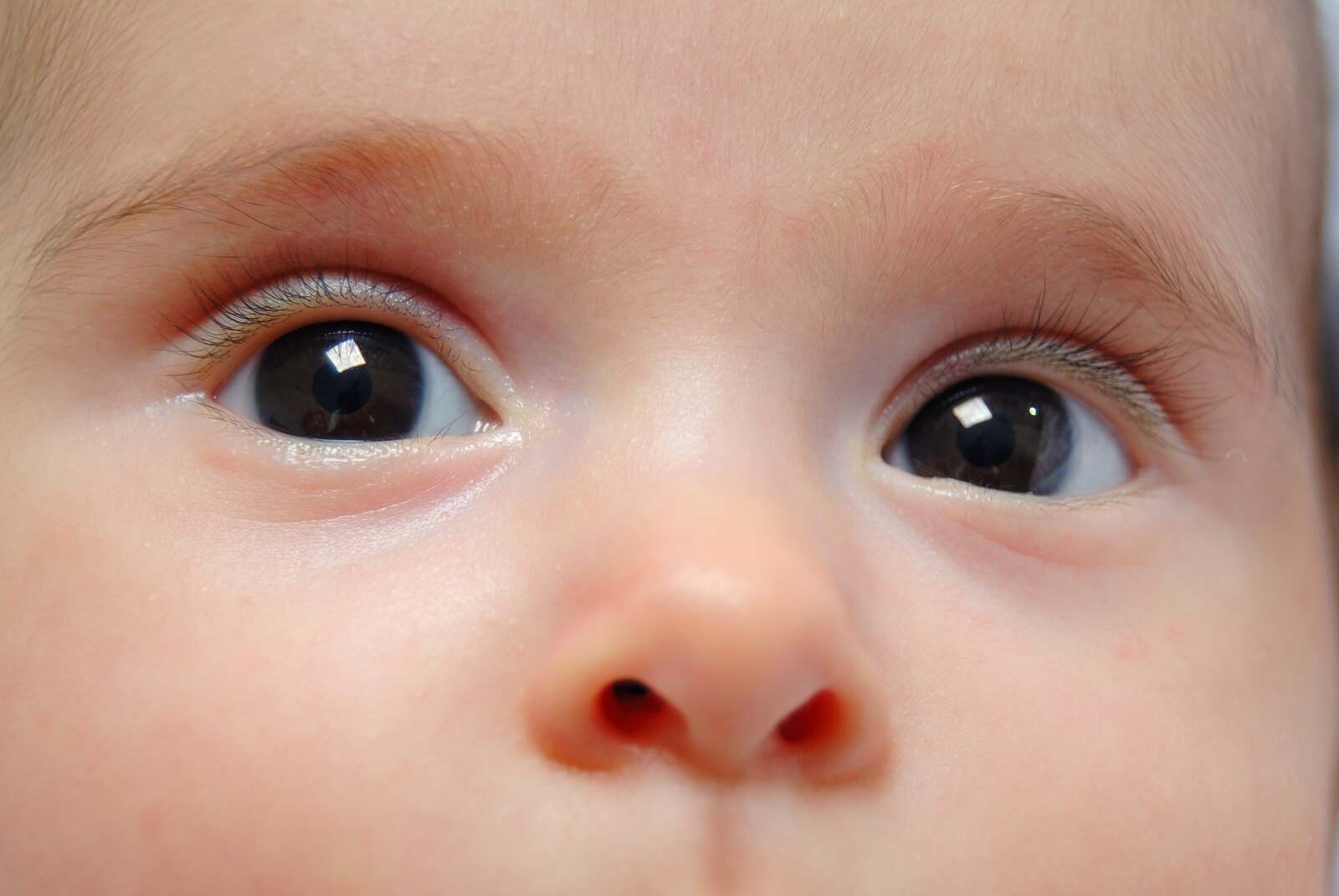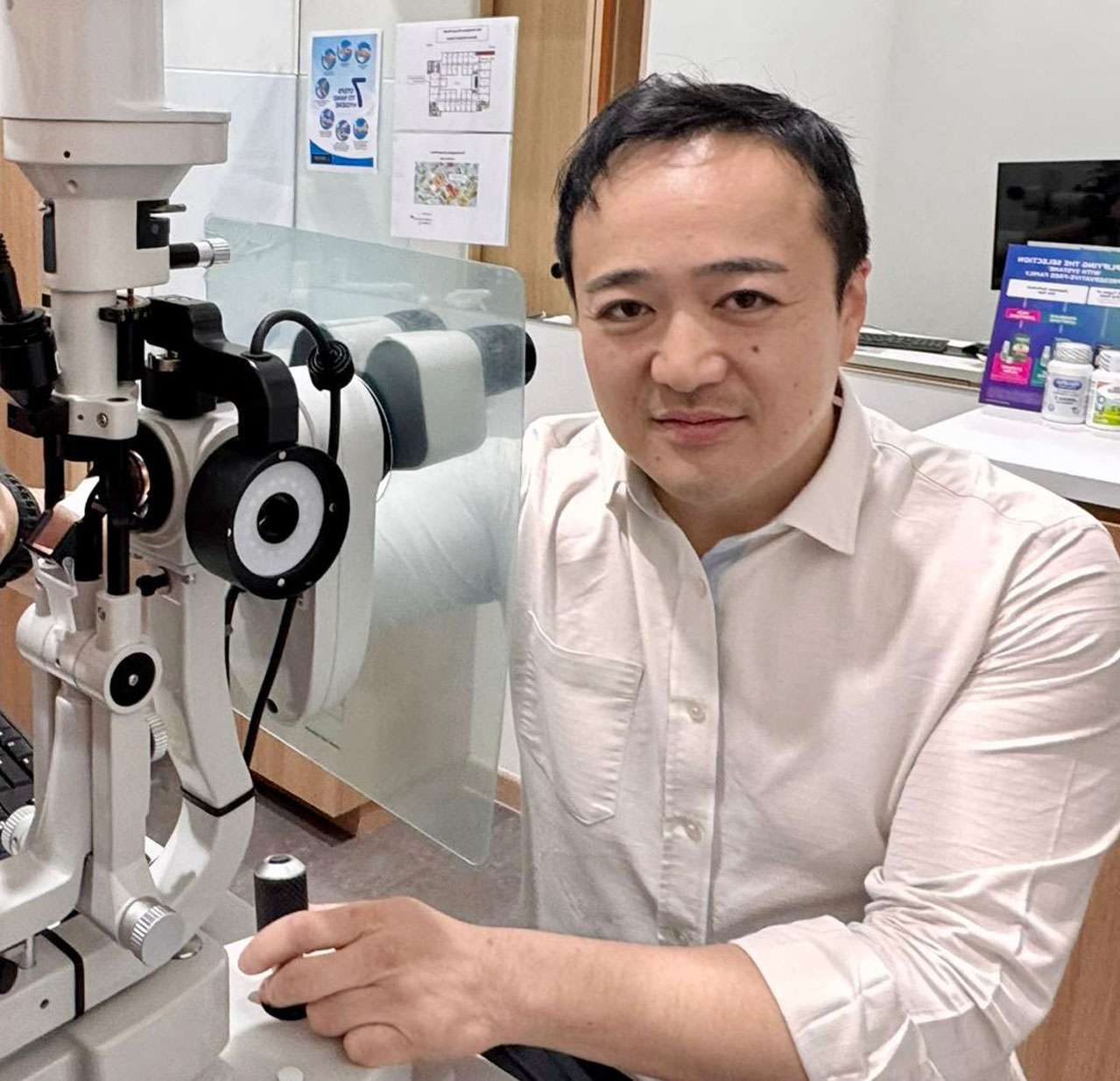When Cloudy Vision Starts at Birth
Cataracts are often associated with ageing, but they can also affect infants and young children. Congenital cataracts are lens opacities that are present at birth or develop shortly after. Though not always visually significant, some cataracts can interfere with normal visual development and may require early treatment to prevent long-term vision problems.
At London Eye & Retina, we provide timely diagnosis and coordinated care for congenital cataracts, helping your child achieve their best possible visual potential.
What Are Congenital Cataracts?
A congenital cataract is a clouding of the natural lens inside the eye that is present at birth or becomes noticeable in the first year of life. The lens plays an essential role in focusing light onto the retina. When it becomes opaque, it can block or distort vision.
Cataracts in children can affect one or both eyes and may vary in size, density, and impact on vision.
What Causes Them?
Congenital cataracts may arise from various causes, including:
- Genetic factors – inherited as part of a family pattern
- Intrauterine infections – such as rubella, cytomegalovirus (CMV), or toxoplasmosis
- Metabolic or systemic conditions – such as galactosaemia or Lowe syndrome
- Chromosomal abnormalities – such as Down syndrome
- Eye trauma or developmental issues
- Idiopathic – in many cases, the exact cause is not identified
Identifying the underlying cause can guide additional medical investigations and long-term care planning.
What Are the Signs?
Parents or caregivers may notice:
- A white or grey pupil (called a leucocoria) seen in photos or in certain lighting
- Poor visual tracking or delayed visual responses
- Nystagmus – involuntary eye movements
- Misalignment of the eyes (strabismus)
- A lack of eye contact or interest in visual stimuli
Some congenital cataracts are picked up during routine newborn screenings or by paediatricians. Early detection is crucial to prevent amblyopia (lazy eye) from developing.
How Are Congenital Cataracts Diagnosed?
At London Eye & Retina, our child-focused eye assessments include:
- Visual behaviour evaluation appropriate for age
- Slit-lamp examination to inspect the lens clarity
- Dilated eye exam to check for any associated eye abnormalities
- Ultrasound (B-scan) if the view to the retina is obstructed
- Assessment of eye alignment and movement
If systemic causes are suspected, referrals to paediatricians or genetic specialists may also be arranged.
When Is Treatment Needed?
Not all congenital cataracts require surgery. Small, non-progressive cataracts that don’t affect vision may be monitored over time. However, cataracts that block the visual axis or impair normal development often require early surgical intervention, especially if diagnosed in the first few months of life.
The timing of surgery is crucial. If treatment is delayed, the brain may not develop normal vision in the affected eye(s), leading to permanent vision reduction.
What Does Treatment Involve?
Surgical removal of the cataract (lens extraction) is typically performed under general anaesthesia. Depending on the age of the child and the eye’s condition, visual correction after surgery may involve:
- Contact lenses
- Glasses
- Intraocular lens (IOL) implantation (usually for older children)
- Patching therapy to prevent amblyopia if one eye is significantly stronger
Lifelong follow-up is often needed to support vision development and monitor for complications such as glaucoma or refractive changes.
Supporting Your Child’s Vision Journey
Caring for a child with congenital cataracts involves more than just surgery, it’s an ongoing process that includes vision correction, amblyopia therapy, and regular assessments. We work closely with parents to ensure they feel informed, supported, and equipped every step of the way.
Early Detection Leads to Better Vision
If you’ve noticed a white pupil, delayed eye contact, or anything unusual in your baby’s vision, don’t wait. Early diagnosis of congenital cataracts can make a lasting difference in your child’s sight.
Book a paediatric eye consultation at London Eye & Retina to ensure your child’s vision gets off to a clear, healthy start.
Compassionate Eye Care for Young Eyes


